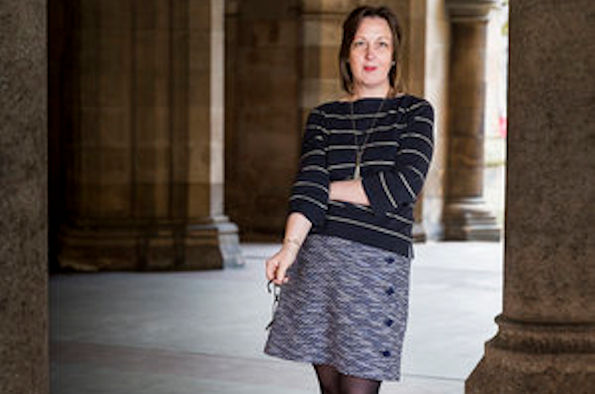
Gravitational waves: turning on the soundtrack to the Universe
- 0151 795 0447
- Amelia Dessington
- Admission: Free
- Book now
Add this event to my calendar
Click on "Create a calendar file" and your browser will download a .ics file for this event.
Microsoft Outlook: Download the file, double-click it to open it in Outlook, then click on "Save & Close" to save it to your calendar. If that doesn't work go into Outlook, click on the File tab, then on Open & Export, then Open Calendar. Select your .ics file then click on "Save & Close".
Google Calendar: download the file, then go into your calendar. On the left where it says "Other calendars" click on the arrow icon and then click on Import calendar. Click on Browse and select the .ics file, then click on Import.
Apple Calendar: The file may open automatically with an option to save it to your calendar. If not, download the file, then you can either drag it to Calendar or import the file by going to File >Import > Import and choosing the .ics file.
'General Theory of Relativity' in 1916.
In the decades between then and now, searches for such signals have been the focus of scientists around the globe, including key work here in the UK.
This lecture will discuss the nature of gravitational waves, the astrophysical events that can produce them, the technology of gravitational wave observatories and the recent results in this new field leading to the award of the Nobel Prize in Physics in 2017 for the detection of gravitational waves: turning on the soundtrack to the Universe.
Professor Sheila Rowan is Director of the Institute for Gravitational Research, University of Glasgow, a position she has held since 2009. She received an MBE in 2011.
Sheila’s research is targeted at developing optical materials for use in gravitational wave detectors. Her work formed part of the "Advanced LIGO" detector upgrades, carried out between 2010 and 2015, that contributed to one of the most significant scientific breakthroughs of this century: the first detection of gravitational waves announced in
February 2016. This resulted in a share of the 2016 Special Breakthrough Prize in Fundamental Physics for her and the members of her team in
Glasgow. Professor Rowan was appointed Chief Scientific Adviser for Scotland in June 2016.
(Photo credit: Suzane Heffron)
